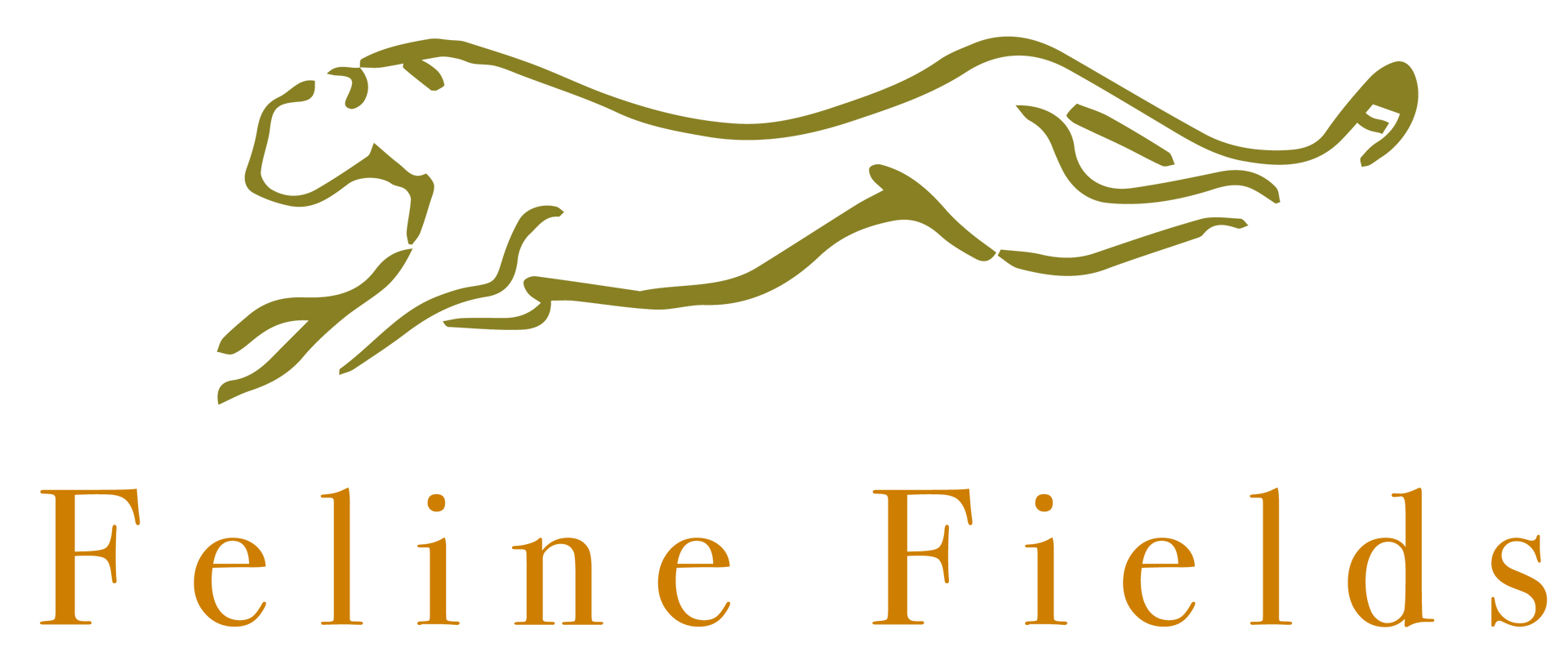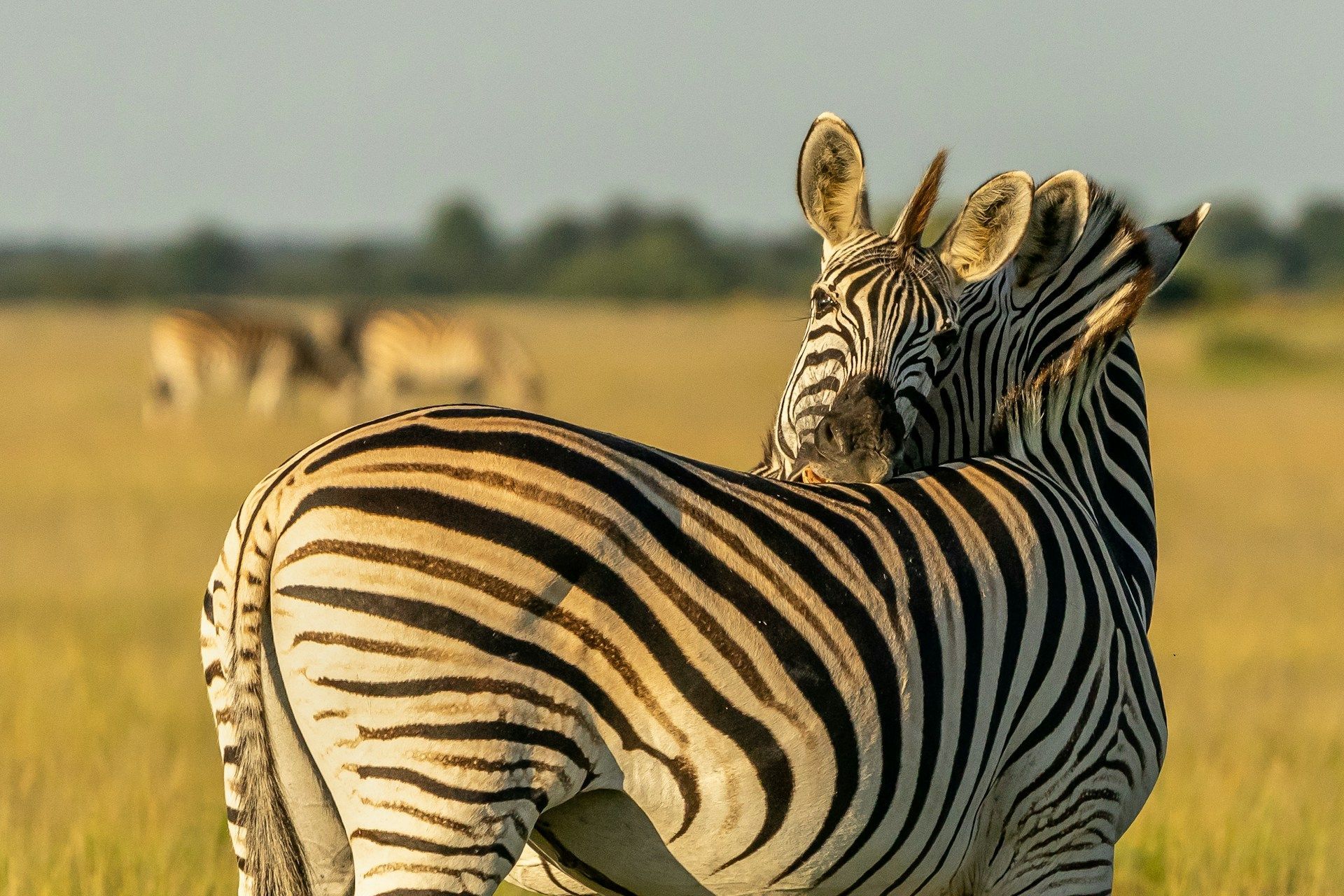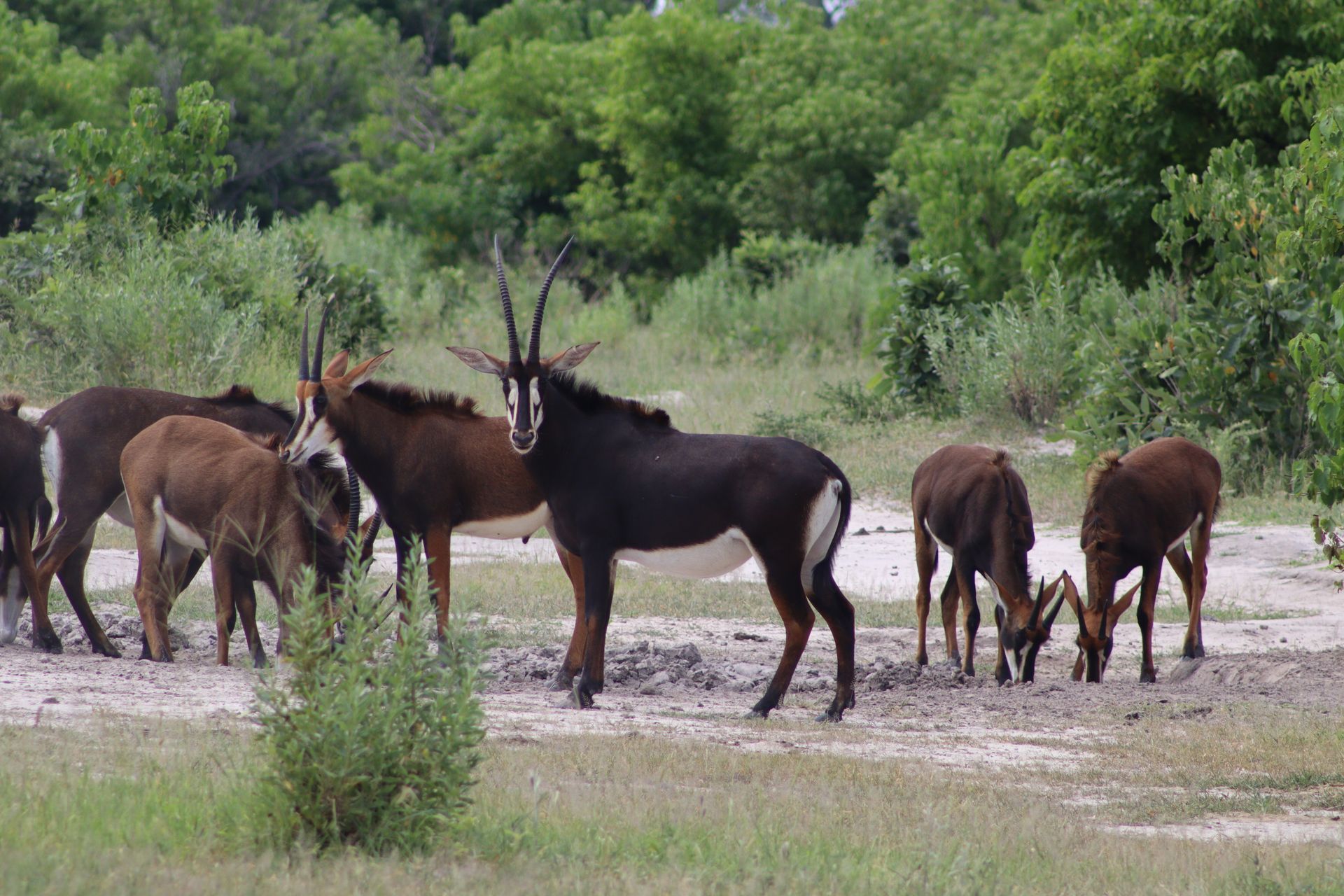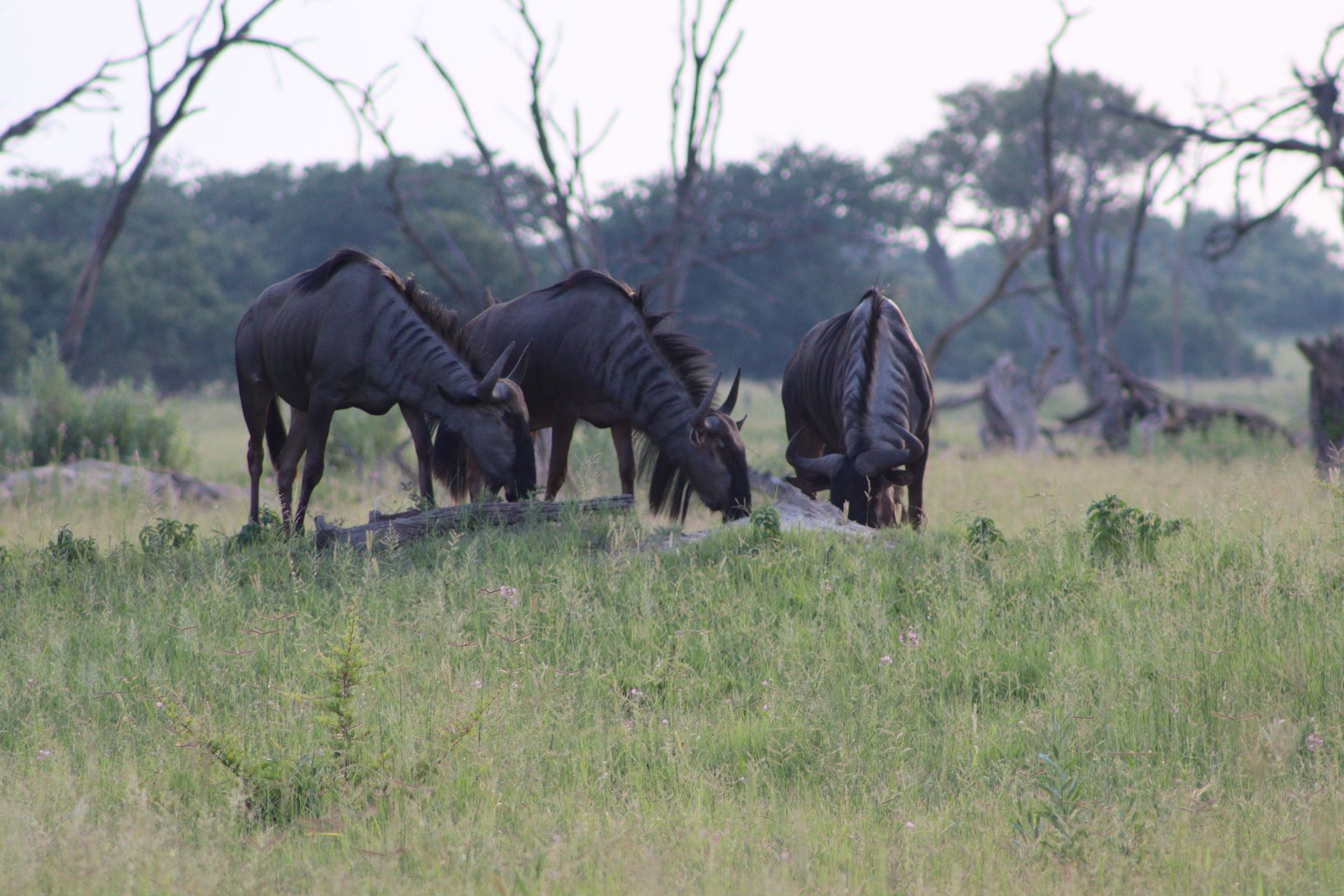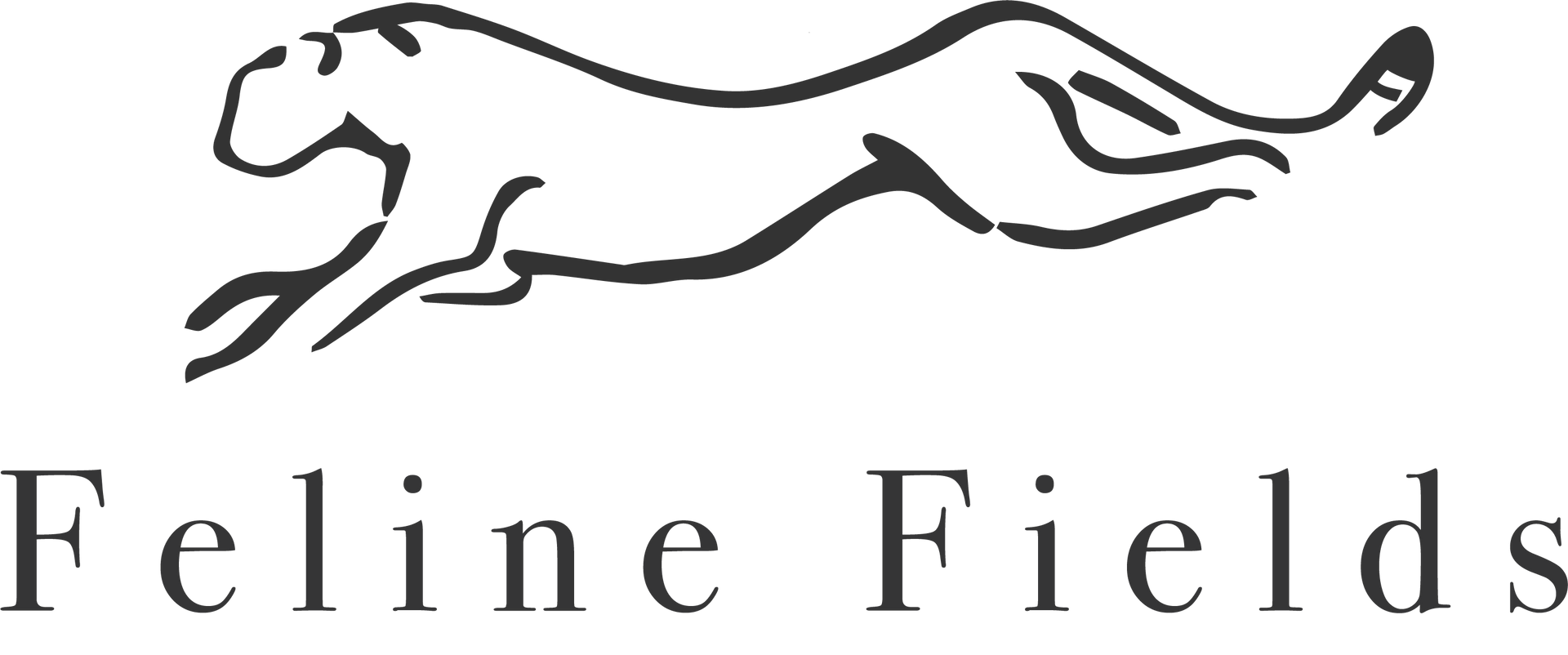Discover the everyday magic of Khwai
Turn ordinary into spectacular at Feline Fields Vintage Camp
The Khwai floodplains are not a place you have to search for life. It is simply there, stitched into the grasslands, moving across the open ground in a steady, unhurried rhythm. This is where the familiar lives - impala, zebra, wildebeest, red lechwe - animals so common that the eye can skim past them without meaning to. But it is worth slowing down, because this is where the heartbeat of the bush lies.
Impala seem to be everywhere. Their herds dot the plains in loose clusters, the movement of one animal triggering a ripple through the rest. They are graceful but never still for long - a flick of the tail, a sudden pivot, ears turning to catch the slightest sound. Spend a little time watching them and you begin to notice the hierarchy in the group, the subtle interactions, the quick, springing bursts of energy that have nothing to do with fear and everything to do with the joy of being alive in open space.
Zebra graze here too, their stripes shifting in a way that can almost dazzle when they bunch close together. They are never in a hurry unless they have to be, and there’s a calm assurance in the way they move from patch to patch. In the sharp morning light, their outlines stand clean against the floodplain, and when the heat rises, you can see the shimmer of warm air between you and them, turning the scene into something almost dreamlike.
Wildebeest are less showy. They stand broadside in the grass, tails swishing, their calls low and gruff, as if commenting on the day’s progress. But watch long enough and their quirks start to emerge - the sudden gallop for no reason at all, the way they seem to be thinking about moving long before they actually do. Their gatherings can seem chaotic, yet somehow the whole group shifts direction as if on an unspoken signal.
Then there are the red lechwe, scattered in loose groups further out on the wetter reaches of the plains. They keep to the firmer ground where the grasses are still lush, their golden coats catching the sun. They do not hurry through the marshy edges - their long legs are built for it - but it’s the bounding leap across a shallow channel that draws the eye, the smooth, arching motion that carries them forward without breaking rhythm.
Occasionally you'll be lucky and find a herd of sable moving across the floodplains. Their glossy black coats and sweeping scimitar horns cutting an unmistakable silhouette against the floodplain woodlands. These regal antelope favour the edge of the riparian forests and grassy clearings near water, moving in small herds led by dominant females while lone bulls stake out territories.
On morning and afternoon game drives, you can watch these herds drift and merge, splitting apart again, always on the move but never in a rush. This constant presence means you are never really alone here. Even in the quieter hours, there is the flicker of movement on the edge of vision, the call of a hornbill passing overhead, the soft chatter of doves somewhere in the trees.
The magic is in the ordinariness. These animals are not here to give you a perfect photograph or a dramatic chase. They are here because this is their home - the grazing, the water, the space to move. And that, more than anything, is what makes the Khwai floodplains feel alive - the slow, steady pulse of the everyday.
It is this constancy that gives the more dramatic moments their weight. A lion crossing the plain means more when you have seen the zebra grazing there an hour before. The sudden alarm calls of impala carry further when you know their usual sound. Even the quiet stretches, when the sun is high and the heat makes the air hum, have a richness because you know that somewhere out there, life is still moving.
At Feline Fields Vintage Camp, the floodplains around us are never empty. The so-called ordinary animals are the ones you will see again and again, from dawn to dusk, in the shifting light of morning or the long glow of evening. And each time, there will be something different - the way the herd bunches tighter before nightfall, the playful skirmish between young males, the easy companionship of mixed groups sharing the same ground.
Boring? Not at all. The everyday is the foundation of what we do, and it is what turns a passing visit into something far deeper - a sense of being part of a landscape that is quietly, endlessly alive.
